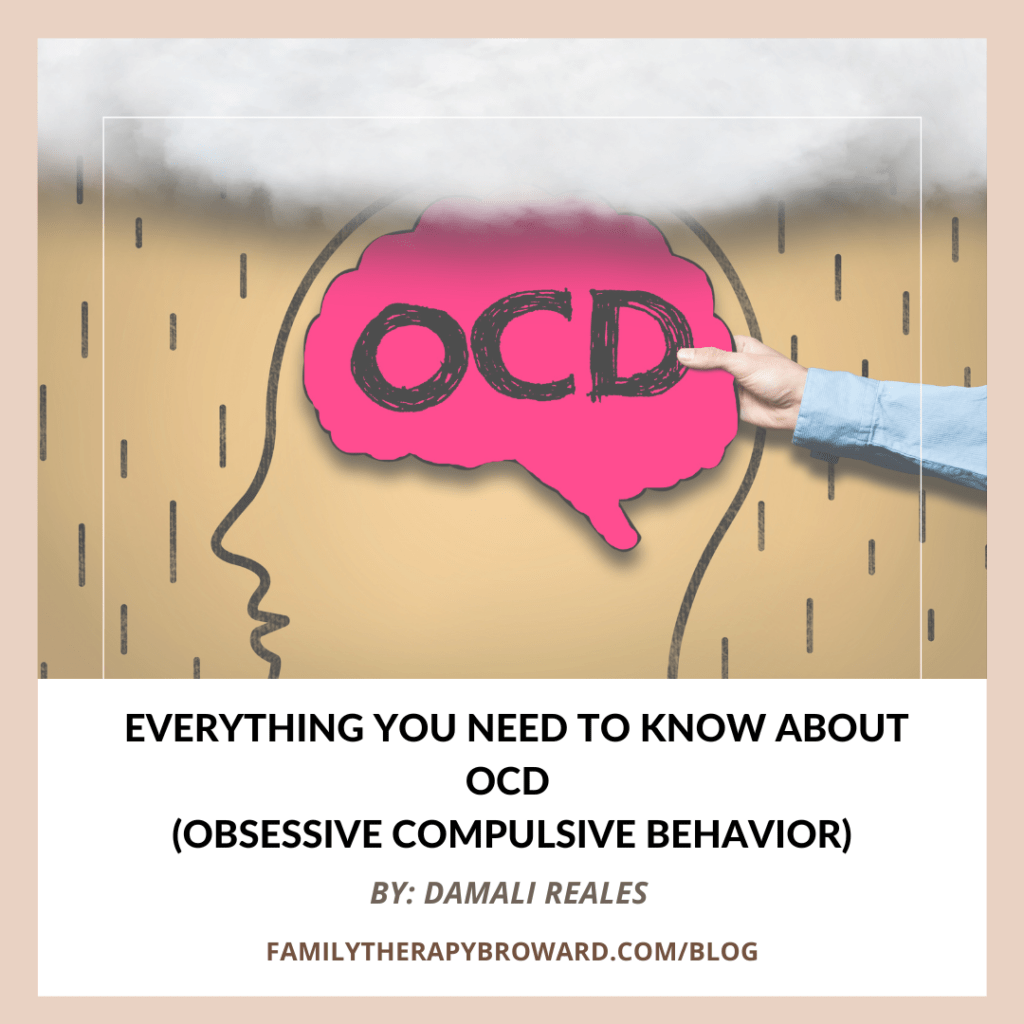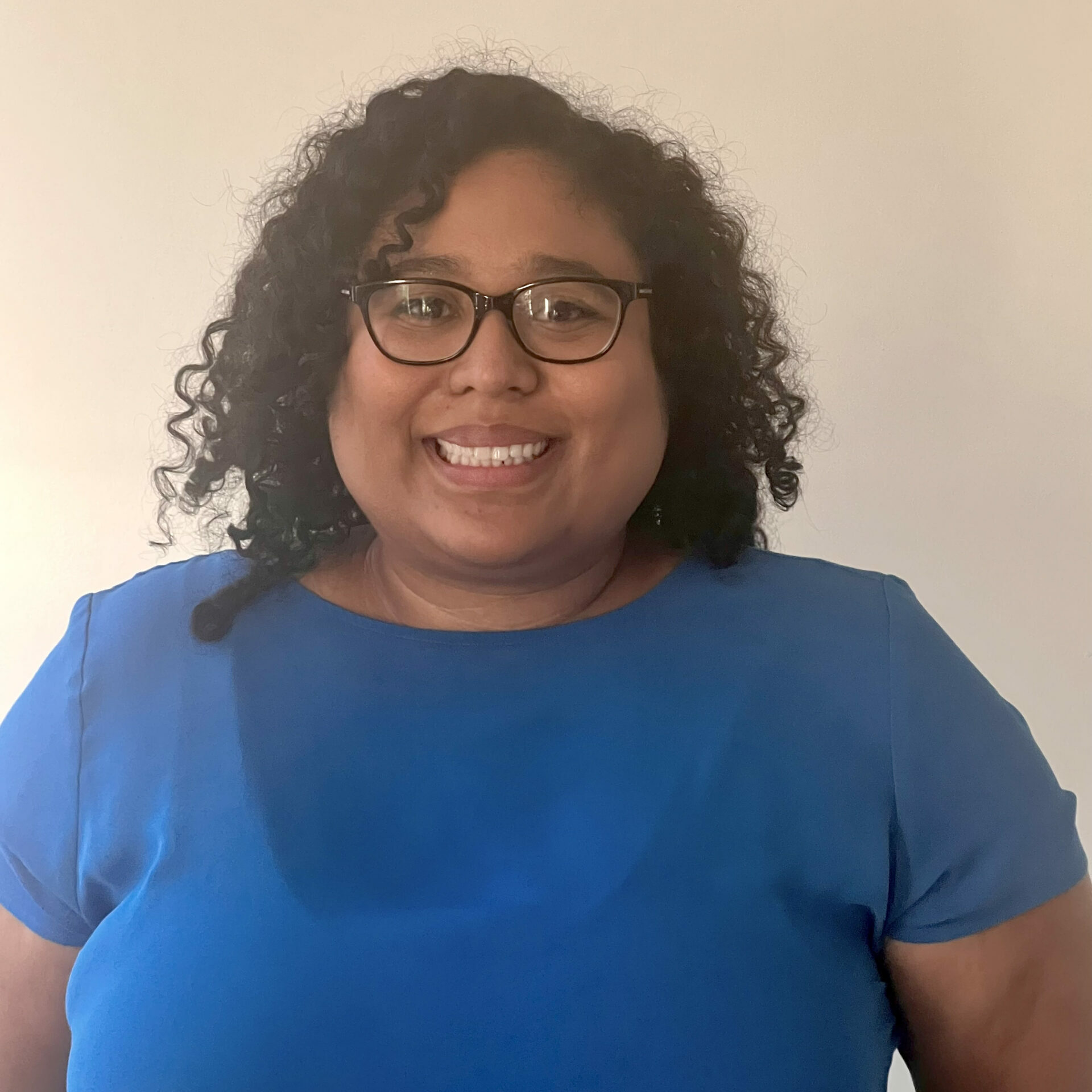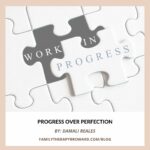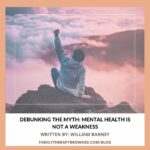
Everything you need to know about OCD
OCD or Obsessive Compulsive Disorder is a mental health disorder categorized by obsessive thoughts (obsessions) accompanied by compulsive behaviors (compulsions). OCD is a common anxiety disorder.
Obsessions are anxiety/stress provoking and can be focused on a variety of fears such as:
- Fear of being a bad person
- Fear of being dirty or contaminated
- Fear of getting sick or dying
- Fear of hurting yourself or hurting a loved one
OCD is commonly referred to as the “What if Disease”
What if I get dirty and I’m never able to get truly clean? What if I said something to my friend and they think I’m a bad person? What if I leave the house and forget to lock the door and someone breaks into my house?
For someone without OCD, thoughts like these may cause some anxiety however they are often able to let go of the thought and move on. For someone with OCD, the stress and anxiety continue to build because they struggle to accept the uncertainty that their worst-case scenario may come true. This intolerance of uncertainty often leads to increased attention being given to obsessive thoughts. This person cannot sit with the possibility that they may actually be a bad person or may actually be dirty forever and this is where compulsions come into play.
Compulsions are specific behaviors that a person engages in as a way to rid themselves of obsessive thoughts or to decrease distress associated with the obsessive thoughts. Compulsions can appear in a variety of ways, sometimes being directly related to the obsession or feared outcome, and sometimes can appear to be completely random.
Some examples can include:
- Repeated behaviors (hand washing, opening/closing doors, turning lights off and on)
- Counting/Repeating behaviors (counting to a specific number, repeating a word or phrase multiple times)
- Physical motions or Tics (tapping, shaking, blinking)
- Ordering/Arranging (items need to be lined up/arranged in a specific order)
The important thing to remember in terms of OCD is that the thoughts or obsessions are categorized as being “ego-dystonic” meaning that these thoughts and obsessions are NOT in alignment with a person’s true thoughts and feelings. The reason these thoughts/obsessions cause distress is that they are often the opposite of what someone truly values, wants, or believes!
While engaging in compulsions often provides short-term relief from anxiety or distress the unfortunate true of OCD is the more a person engages in compulsions, the more they need to engage in compulsions.
As a person engages in more compulsions, the relief provide from the compulsion decreases overtime, which causes a person to need to increase the frequency or severity of the compulsions.
What was washing hands twice when leaving the bathroom can then turn to spending hours in the bathroom scrubbing until the skin is raw. In order to effectively treat OCD, a person would need to in term stop engaging in compulsions and learn to tolerate the distress associated with not engaging in the compulsion.
While the thought of resisting compulsions can be terrifying, the good news is that you don’t have the do it alone.
According to the OCD Foundation, the most effective treatment for OCD is a type of CBT known as Exposure and Response Prevention (ERP). This kind of treatment helps individuals struggling with it to gradually learn to tolerate the distress associated with not engaging in the compulsion.
A therapist specifically trained in OCD treatments will help you develop an effective plan to help alleviate your OCD tendencies.
If you or someone you know is struggling with OCD symptoms, give us a call today.
Written by Damali Reales

From Damali's bio...
“Damali has extensive experience in child welfare case management where she saw firsthand how mental health and functioning are not only attributed to a person’s mind but also are influenced largely by social, political, and economic circumstances. Her goal is to develop a relationship/environment where her clients feel safe and comfortable exploring who they are and who they would like to be. She is not a therapist that wishes to erase external experiences but rather work within those experiences to help her clients build the life they want.”







